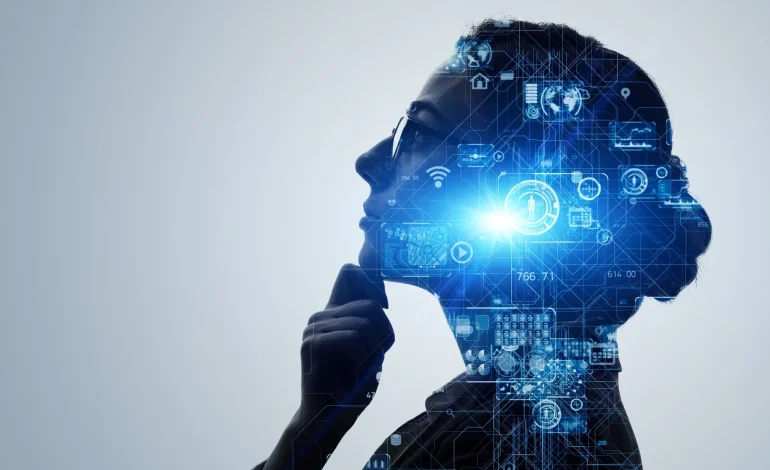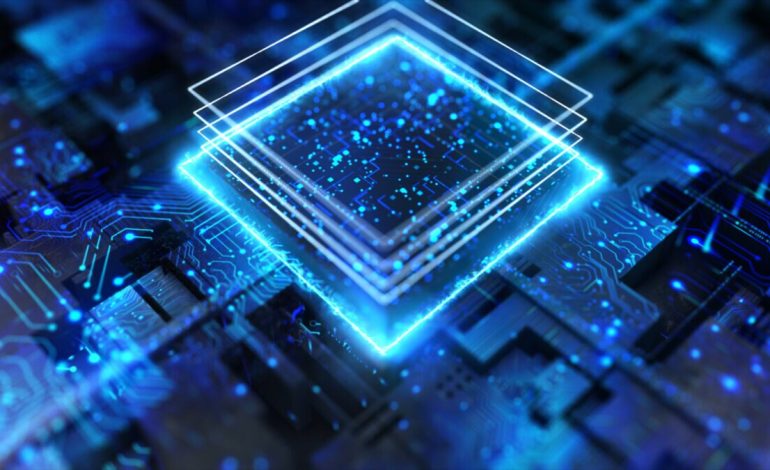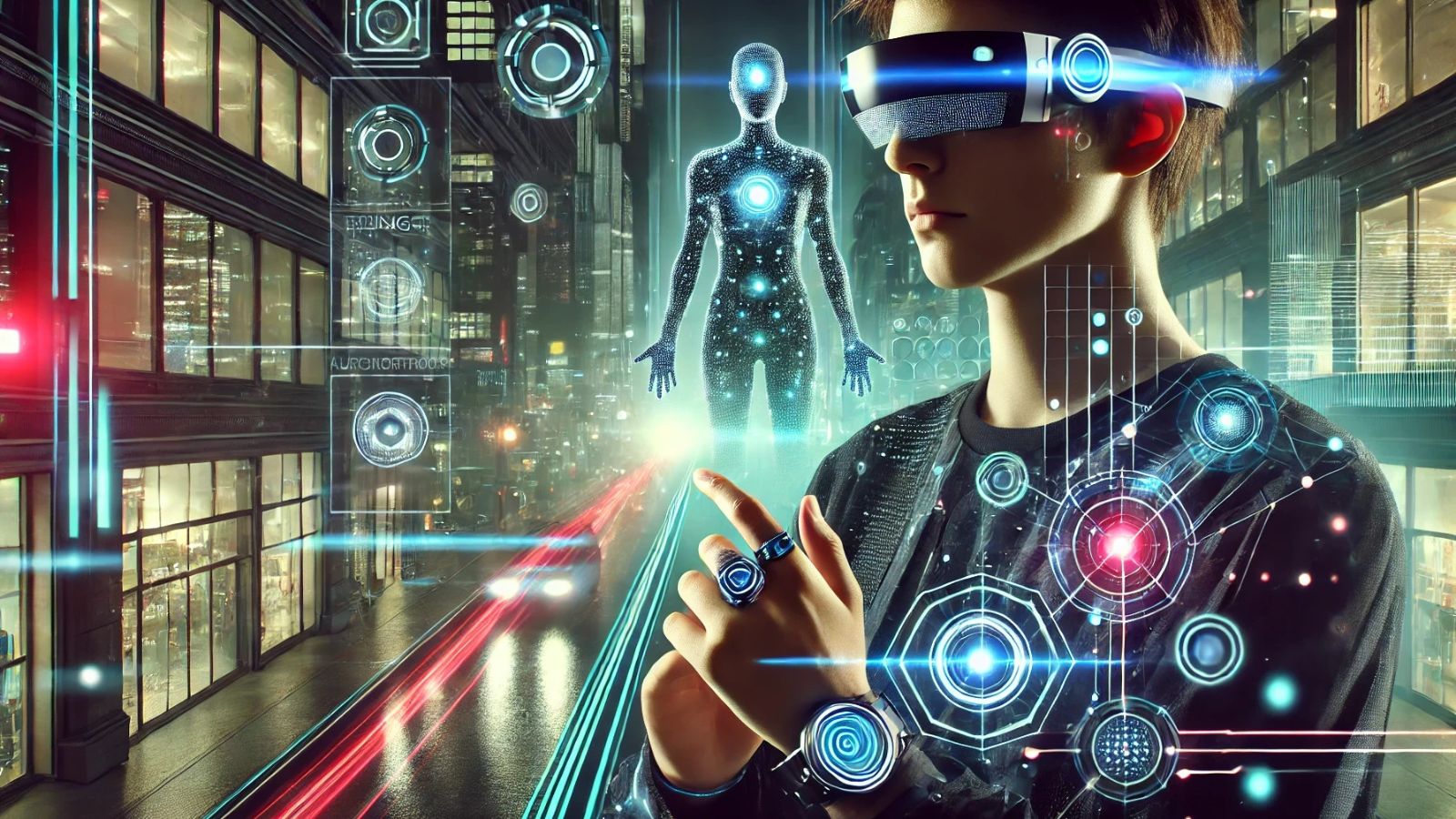The Rise of Everyday AI: How Artificial Intelligence Is Quietly Transforming Daily Life

Artificial Intelligence (AI) is no longer a futuristic concept confined to science fiction or high-tech laboratories. It has quietly woven itself into the fabric of everyday life, shaping how we work, communicate, travel, and even think. From voice assistants and personalized recommendations to automated vehicles and smart healthcare, AI has become one of the most transformative forces of the 21st century.
But while AI’s influence is undeniable, its rapid integration also raises questions about privacy, ethics, and the balance between convenience and control. Let’s explore how AI is reshaping the modern world — not in distant predictions, but in the here and now.
1. AI in Everyday Technology
For most people, the first encounter with AI happens in simple, invisible ways. Virtual assistants like Siri, Alexa, and Google Assistant rely on AI to understand natural language and respond intelligently. When you ask your phone about the weather or tell your speaker to play your favorite song, AI is processing your request, understanding context, and predicting what you mean.
Streaming platforms like Netflix, YouTube, and Spotify also use AI algorithms to learn from your preferences and suggest content you’ll likely enjoy. Similarly, social media feeds are powered by machine learning systems that decide what posts, videos, and ads you see based on your activity.
In short, AI has become the hidden engine behind much of our digital experience — shaping our choices and habits in subtle yet powerful ways.
2. Smarter Homes, Smarter Living
The Internet of Things (IoT) has turned ordinary homes into smart environments. Devices such as thermostats, lights, refrigerators, and security systems now “talk” to each other through AI-driven automation.
Smart thermostats learn your daily routines and adjust temperatures accordingly to save energy. Voice-activated assistants control lighting or lock doors. Even vacuum cleaners, like the latest robot models, use AI navigation to map your home and clean efficiently.
These technologies aim to make life more convenient, comfortable, and efficient — a perfect example of AI blending seamlessly into the background of daily living.
3. AI in the Workplace
The workplace has undergone one of the most significant transformations thanks to AI. Automation tools now handle repetitive tasks like data entry, scheduling, and document processing. Chatbots assist with customer support, while advanced analytics platforms provide insights that once required teams of analysts.
In creative industries, AI tools help generate content, write code, or design visuals in seconds — tasks that once took hours. Far from replacing human creativity, these technologies often enhance it, allowing workers to focus on innovation and strategy.
However, the rise of automation also brings challenges. As certain jobs become obsolete, workers are being urged to adapt by learning new digital skills. The future of work will likely depend on human-AI collaboration — where machines handle routine tasks and humans lead with empathy, critical thinking, and creativity.

4. Revolutionizing Healthcare
Perhaps one of the most impactful uses of AI lies in the field of healthcare. Machine learning algorithms can analyze medical images to detect diseases like cancer or pneumonia faster and more accurately than traditional methods. AI-powered systems assist doctors in diagnosing complex conditions, predicting patient risks, and personalizing treatment plans.
Wearable devices, such as smartwatches, continuously collect health data — tracking heart rate, sleep, and physical activity — and can even alert users to irregularities. In hospitals, AI helps manage patient records, streamline workflows, and improve drug discovery processes.
By combining human expertise with machine precision, AI is making healthcare not only smarter but also more proactive and accessible.
5. Transportation and the Future of Mobility
From self-driving cars to predictive traffic management, AI is revolutionizing transportation. Autonomous vehicles use sensors, cameras, and AI algorithms to interpret road conditions and make split-second decisions. Though still in testing phases, self-driving technology promises to reduce human error — the leading cause of traffic accidents.
In cities, AI is being used to optimize public transport routes, manage congestion, and predict maintenance needs for infrastructure. Ride-sharing services like Uber and Bolt rely on AI to match drivers with passengers, calculate routes, and adjust prices dynamically.
The vision of smart cities — where AI systems manage everything from parking to pollution — is becoming increasingly realistic as data-driven solutions improve efficiency and sustainability.
6. Education in the Age of AI
The education sector is also undergoing a quiet revolution. Intelligent tutoring systems can adapt lessons based on individual learning styles and progress, providing personalized education at scale. AI-powered tools like language-learning apps or writing assistants give real-time feedback, helping students learn more effectively.
For teachers, AI helps automate grading, analyze classroom performance, and identify students who may need extra support. During the rise of online learning, especially post-pandemic, these tools became essential for maintaining engagement and tracking progress.
AI in education doesn’t replace teachers; instead, it enhances their ability to reach and support every student individually — something traditional systems often struggle to achieve.
7. AI in Finance and Everyday Transactions
If you’ve ever used mobile banking or shopped online, you’ve already interacted with AI. Financial institutions rely on machine learning to detect fraud, assess credit risk, and provide personalized investment advice.
Chatbots now handle banking inquiries, while automated trading systems execute complex investment strategies in milliseconds. Even budgeting apps use AI to analyze spending habits and offer tailored recommendations for saving money.
AI’s role in finance is not just about convenience — it’s about security. By monitoring millions of transactions in real-time, algorithms can identify suspicious behavior far faster than humans ever could.
8. The Ethical and Privacy Debate
While AI’s benefits are immense, its rapid spread has sparked serious ethical and privacy concerns. Algorithms that determine what we see online can reinforce biases or manipulate behavior. Data collection — essential for AI learning — often raises questions about how personal information is stored and used.
Facial recognition technology, for instance, has been criticized for potential misuse and lack of regulation. Similarly, automated decision-making systems in hiring, law enforcement, and lending can perpetuate inequalities if not properly designed and monitored.
As AI becomes more integrated into society, transparency, fairness, and accountability must remain top priorities. Many experts are calling for stronger global frameworks to ensure that AI serves humanity responsibly — not just efficiently.
9. The Next Frontier: Generative AI
One of the most talked-about advancements in recent years is generative AI — systems capable of creating original content. Tools like ChatGPT, DALL·E, and other language and image models can generate text, code, music, and art that often rival human work.
This technology opens enormous creative and business opportunities, from marketing and entertainment to research and education. However, it also raises new questions about authenticity, copyright, and the value of human creativity.
The next phase of AI will likely focus on refining these models, making them more accurate, ethical, and integrated into daily professional tools.
10. Living in an AI-Augmented World
The most fascinating part of AI’s evolution is that it’s becoming invisible. It doesn’t look like a robot or a science fiction machine — it’s the quiet intelligence inside your phone, your car, and even your home appliances.
AI is not replacing humanity; it’s redefining it. It allows us to work smarter, live healthier, and connect more efficiently. Yet it also challenges us to think deeply about what it means to be human in an age where machines can learn, adapt, and even create.
The goal moving forward isn’t to fear AI but to understand and shape it responsibly — ensuring that technology enhances life, not overwhelms it. As AI continues to evolve, one thing remains clear: it’s not just the future of technology; it’s the future of how we live.






